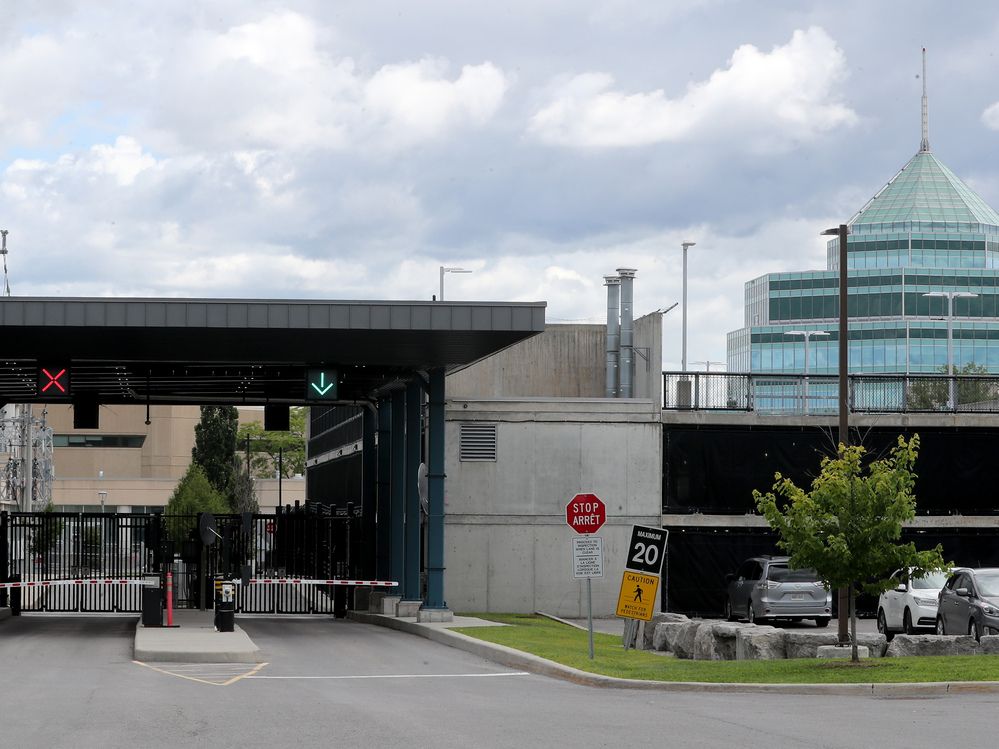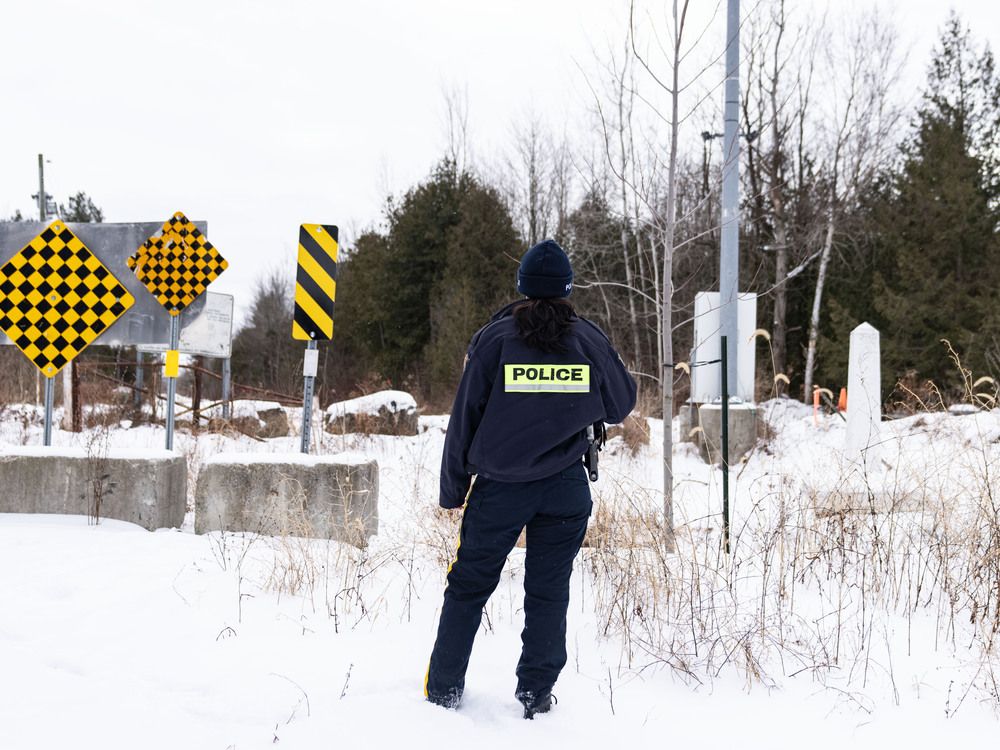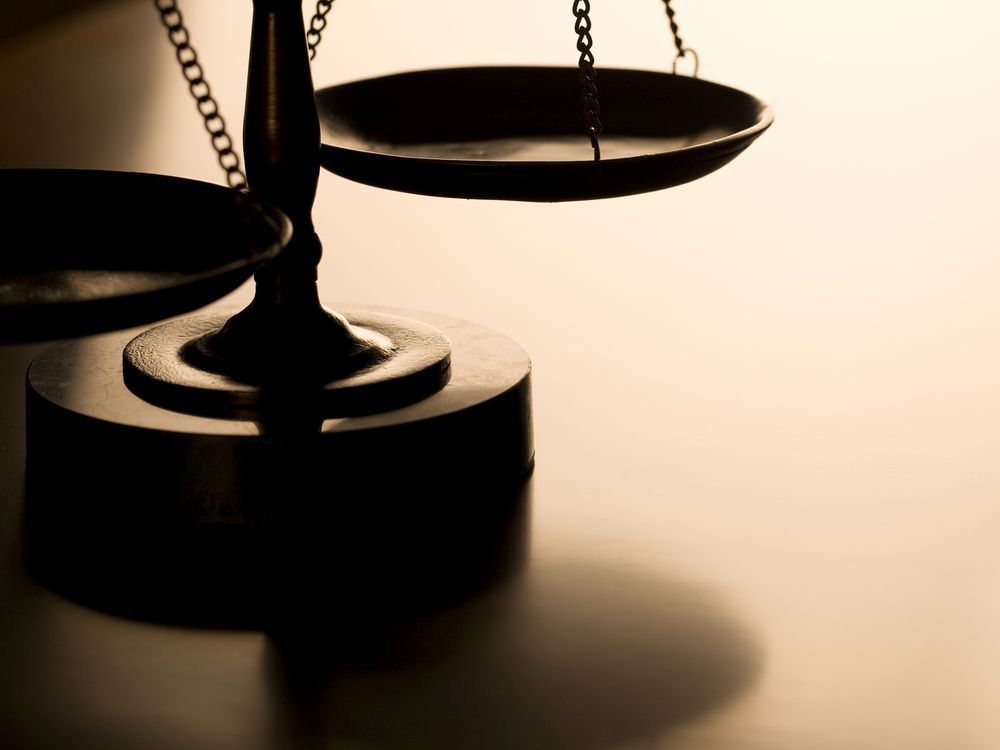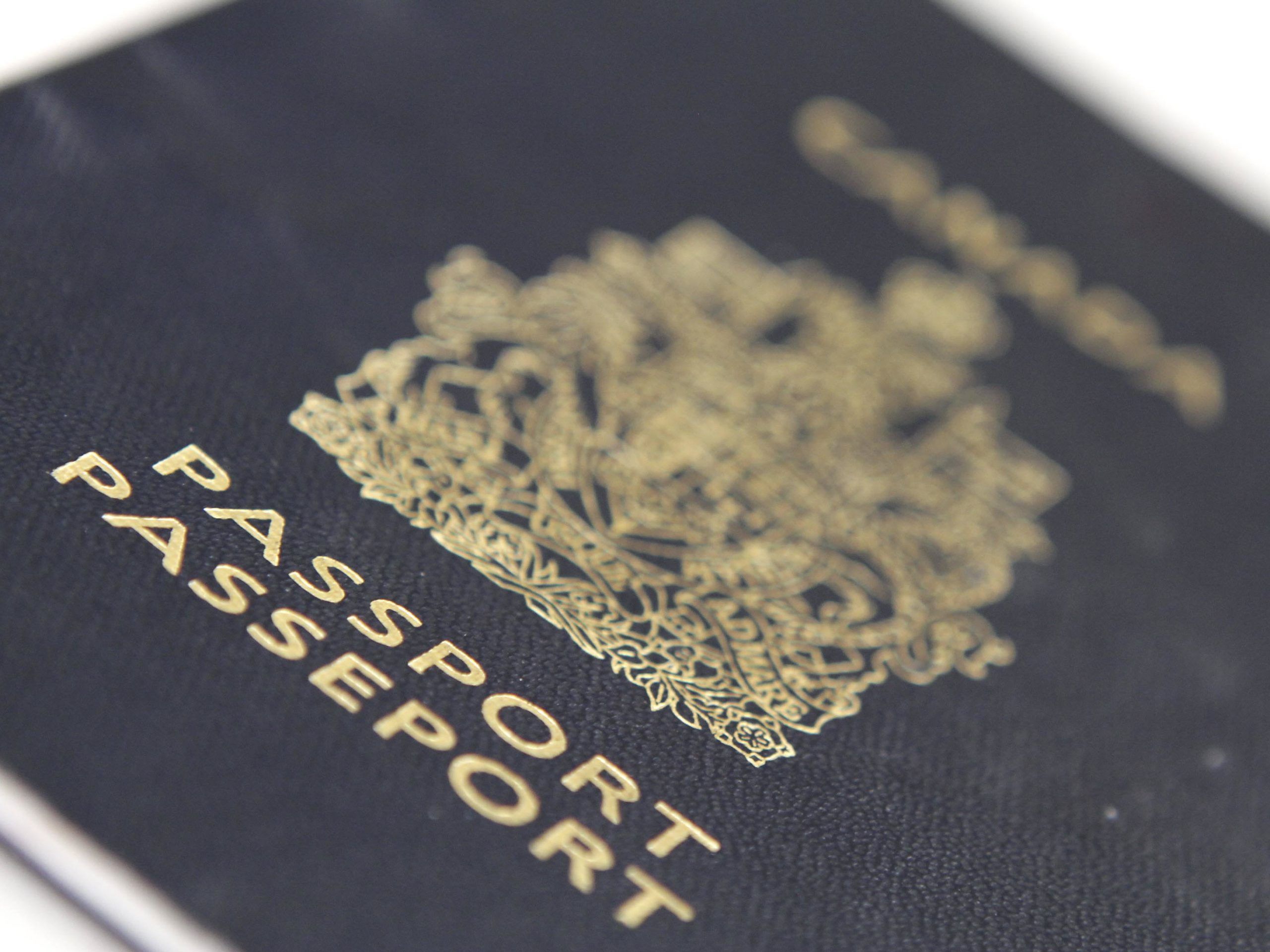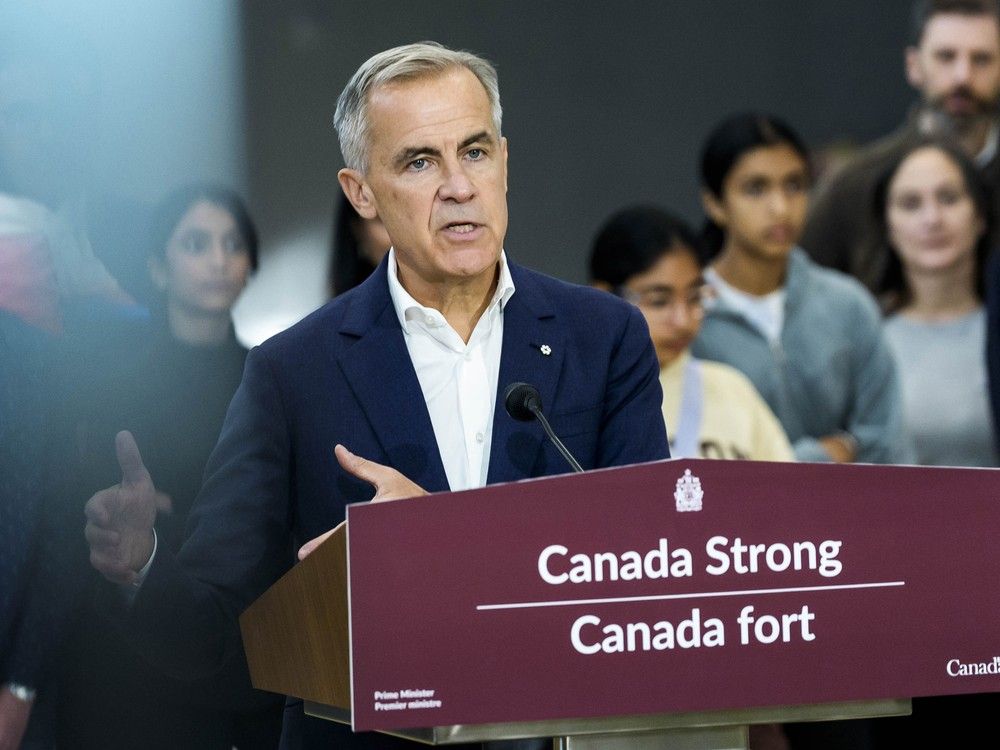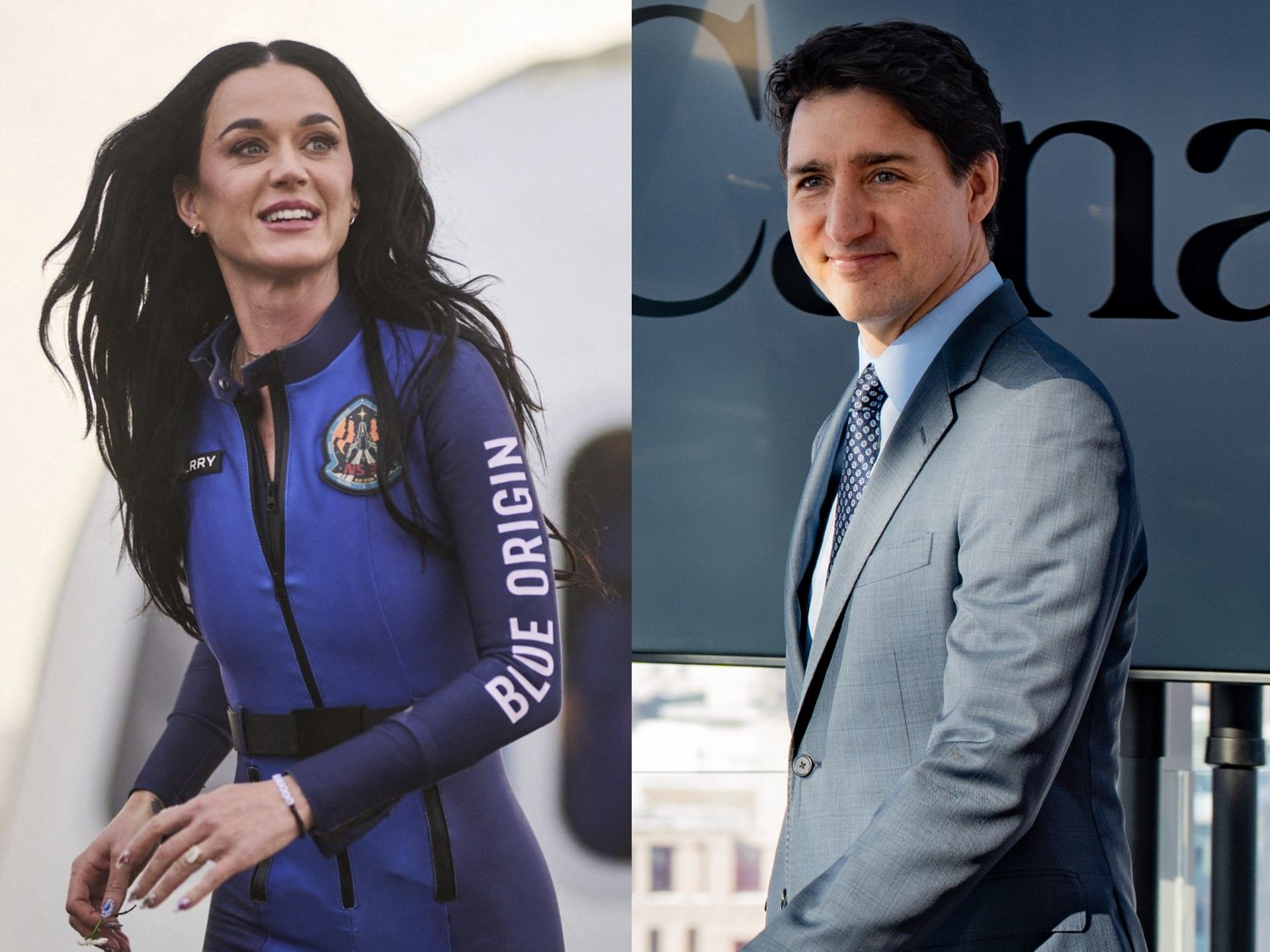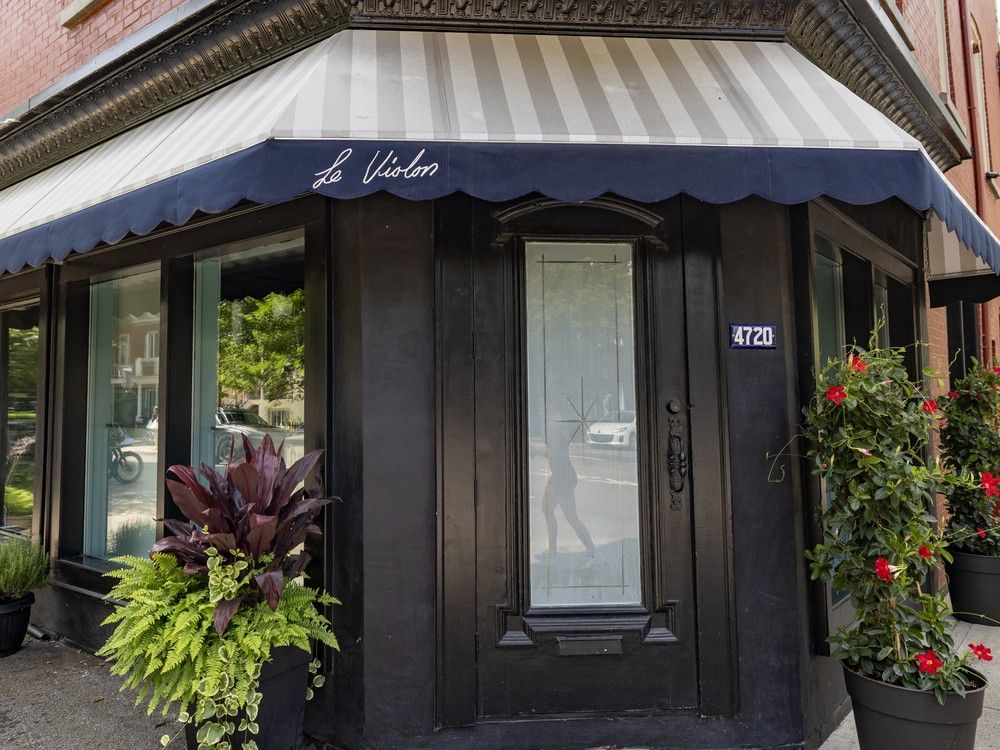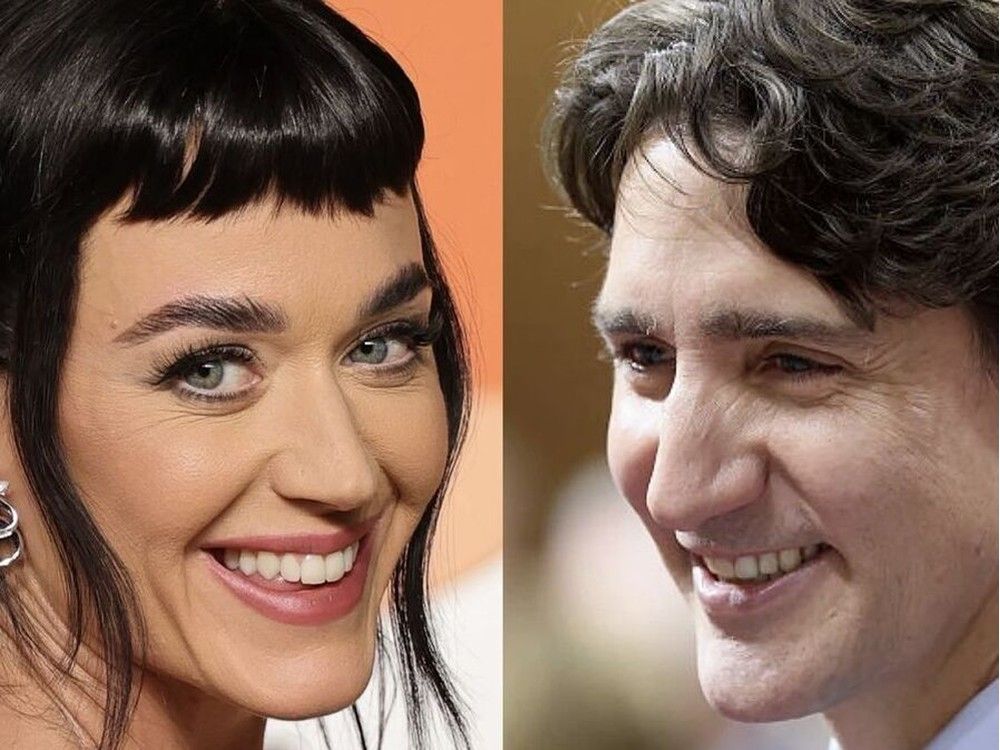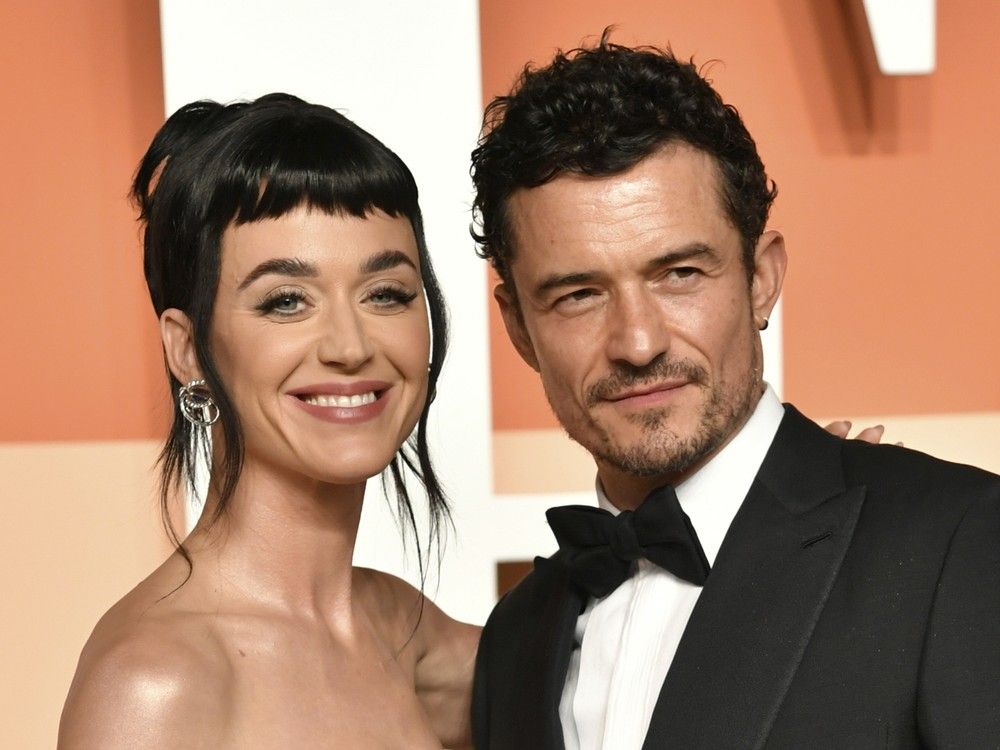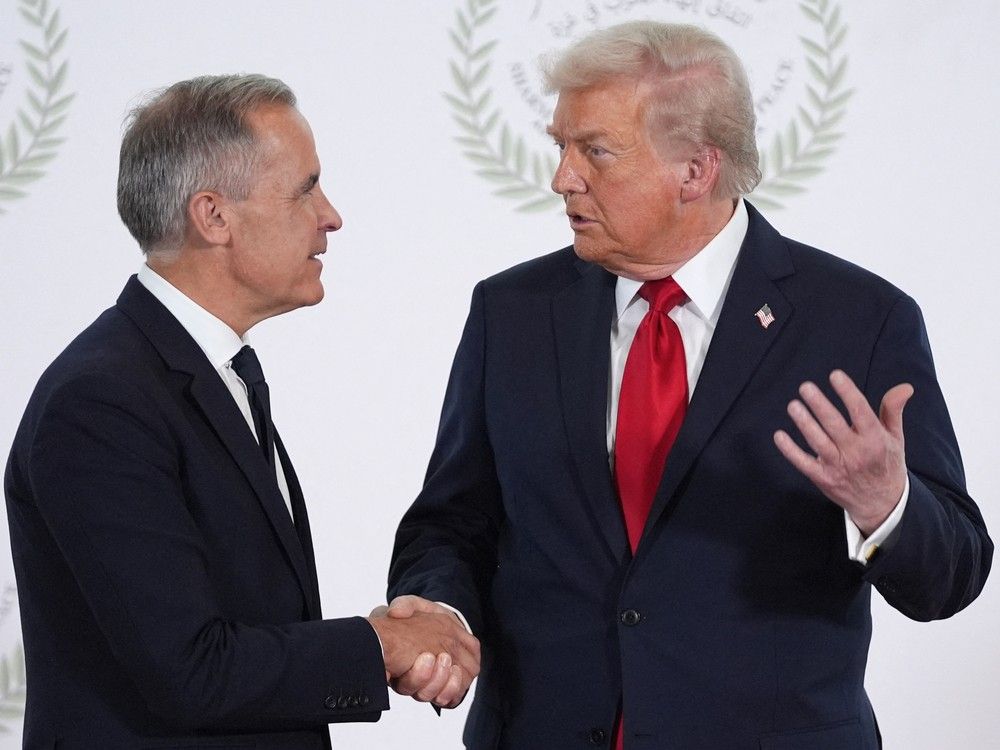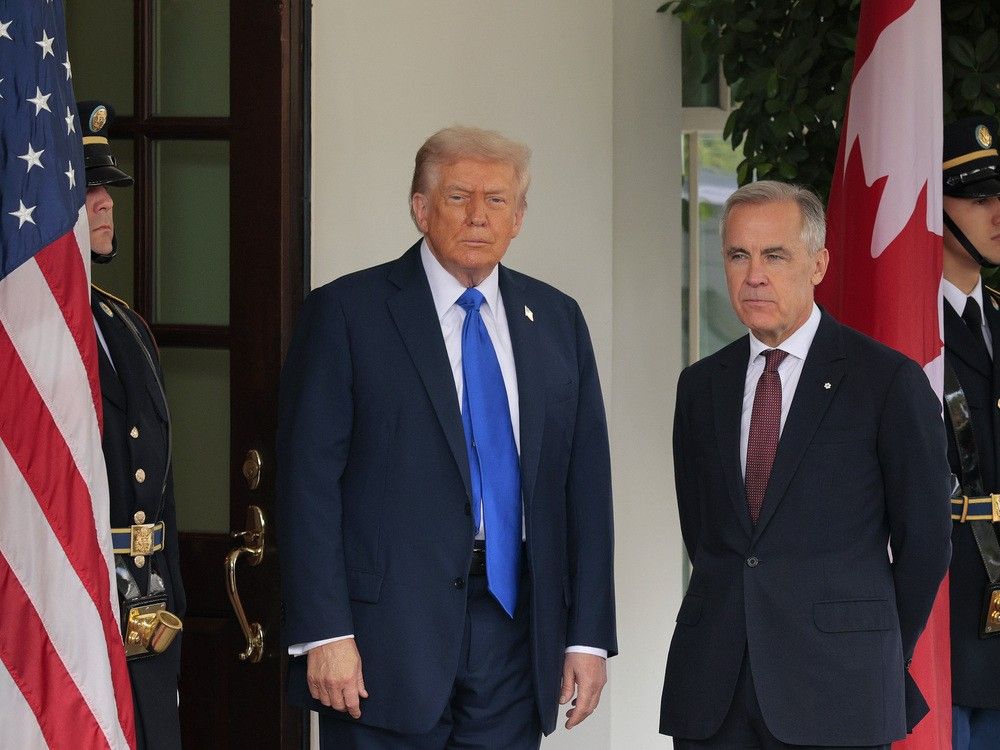
WASHINGTON, D.C. — It’s been a tough year for the lumber trade. With U.S. housing starts unusually low, demand and prices for lumber are down — even as trade costs, especially for Canadian producers, keep rising.
Canadian exporters were already smarting from the U.S. Commerce Department’s sixth administrative review of antidumping and countervailing duties on softwood lumber imports, which raised the duty rate to an unprecedented 35.16 per cent in July. Then, this week, President Donald Trump whacked an additional 10 per cent tariff on Canadian lumber imports, citing national security concerns, under Section 232 of the Trade Expansion Act.
The president’s goal is straightforward: to bolster the domestic lumber industry — a move U.S. producers welcome.
“This is our market. America first, baby. The demand is in this market, not in Canada,” says Andrew Miller, chairman of Oregon-based Stimson Lumber and chair of the U.S. Lumber Coalition.
“I don’t think Canadians get that through their thick head. This is America, not Canada. There’s nothing that obligates us to take dumped subsidized product at the expense of U.S. producers and the employees that operate these sawmills.”
American sawmills and their advocates have applauded both the higher duty rate and the new tariffs on Canadian lumber imports — the latest escalation in the long-running softwood lumber dispute between the two countries. They hope it will lead to fewer Canadian boards sloshing around the states, capturing a larger share of the U.S. market. Free market advocates see it differently: They say tariffs hurt consumers and that the added costs will eventually be passed through in the form of higher prices. They also doubt the U.S. lumber sector can replace Canadian boards in a timely fashion. Canadian lumber producers, meanwhile, are worried about staying afloat in the face of these challenges to trading in their No. 1 export economy.
National security, really?
The viability of the U.S. wood industry is being undermined by high volumes of wood imports, according to the 232 investigation, “posing direct risks to critical infrastructure and defense readiness.” This is the rationale that led to the 10 per cent tariff this week.
But Colin Grabow, associate director at the Cato Institute’s Herbert A. Stiefel Center for Trade Policy Studies, doesn’t buy it. “Just from the surface level, this strikes me more as run-of-the-mill protectionism, rather than something narrowly tailored to advance U.S. national security interests.”
Kurt Niquidet, president of the British Columbia Lumber Trade Council, agrees. “Suggesting that we’re a national security threat to the United States just doesn’t hold any water,” he said.
Even Miller, the pro-tariff head of Stimson Lumber, said using national security as a reason was merely a “sideshow.”
The duties, meanwhile, are higher now as a result of Washington’s view of Canadian trading behaviour, said Zoltan van Heyningen, executive director of the U.S. Lumber Coalition.
The reasoning: Canadians don’t pay market rates for stumpage because forests are publicly owned, with the stumpage rates set by the provincial governments. U.S. producers, in contrast, have to pay a higher market rate. On top of that, van Heyningen said Canadian dumping — selling below the home sales market price — in 2023 was “severe,” which is what the new duty rate is in response to.
Canada vs. U.S. lumber
The duties have only had a few months to make an impact, and the tariffs will compound costs in the months to come, but British Columbia’s sawmill closures this year are already up 10 per cent, according to ResourceWise.
John Brink, CEO of B.C.-based Brink Forest Products, discussed the pain he and his colleagues are feeling in the region. In business since 1975, Brink, which sells value-added wood products, normally employs 400 people. But over the past year, he’s had to downsize to a quarter of that, and he expects the headcount to be closer to 60 by year’s end.
The depressed level of trade, he said, is just not sustainable. “Today, we’re down to about 20 per cent of where we were (a year ago),” he said, referring to his U.S. exports.
Primary softwood lumber exports to the U.S. have been down this year, but not by as much as you might think. The first half of the year saw an eight per cent decline, according to Lesprom Analytics, but data for the months since the duty hike is unclear.
For Miller, the decline hasn’t been anywhere near enough. “Canada has hardly slowed down their exports to the U.S., even though they’re losing large amounts of money,” he said.
Statistics Canada suggested that lumber exports were down a whopping 25.4 per cent in August, but American trade data is not yet available, owing to the U.S. government shutdown. A clearer picture of the impact of the 35.16 per cent duties will come toward the end of the year.
If the U.S. lumber industry is to benefit, however, supply needs to drop, and prices need to rise. Miller pointed out that American sawmills are nowhere near capacity because the market remains flooded, making it difficult for him and his colleagues to break even.
Success, he said, will depend on “the degree to which the tariffs and the duties create an economic barrier high enough that Canadian mills ship less to this country.”
If there’s less Canadian lumber in the market, prices will rise, allowing U.S. sawmills to grab more of the market share.
“We’re gonna need prices to come up probably 10 or 15 per cent before my company (Stimson Lumber) and peers I work with would probably say we’re going to go back to our full 100 per cent production,” he said.
Lumber tariffs will help the U.S. industry face less competition, said Jason Miller, a supply chain management professor at Michigan State University, but he questions the knock-on effects. That’s propping up a domestic industry that employs only around 90,000 people, he noted, whereas higher prices will also impact downstream industries, such as housing construction and remodelling. New single-family housing construction employs 384,000 people in the U.S.
“You’re raising the price of an input where we don’t have that many people employed and producing that input,” he said. “But we have a tremendous number of people employed in industries that consume that input.”
Insulating a domestic industry from foreign competition may not help the targeted sector anyway, said Grabow. “It reduces your incentive to invest and innovate and make a better widget than the next guy,” he said, noting that U.S. producers may just rake in the profits without adding jobs or mills.
But Andrew Miller and van Heyningen fear that Canadian sawmills will continue sending their lumber above the market saturation level thanks to Prime Minister Mark Carney’s pledge to support the Canadian industry with a $1.25 billion aid package, including up to $700 million in loan guarantees.
“I think those are just outright economic subsidies to keep an industry alive,” said Jason Miller. “To keep producing their excess output and dumping it in our market.”
Supply and demand
The U.S. lumber industry needs higher prices to thrive, and that’s what tariffs are all about, according to the experts.
“Tariffs drive up costs — that’s kind of the point — to try to dissuade Americans from buying the imported product because their price goes up,” explained Grabow, noting that he expects upward pressure on wood product prices as a result of the duties and tariffs.
The National Association of Home Builders said earlier this year that, based on data from a NAHB/Wells Fargo Housing Market Index in April, home builders expected tariff actions to raise the cost of a single-family home build by $10,900.
Andrew Miller sees higher home prices as a red herring. He claims that the cost of framing out a new home is too small to have a significant impact on buyers. Besides, he expects manufacturers and distributors to absorb the costs, as we’ve seen much in other sectors this year. “When it comes to new housing in this country, the impact is zero to date,” he said, referring to steel and aluminum tariff impacts.
Canadian lumber’s market share in the U.S. was once as high as 30 per cent but is now around 25 per cent. Still, that means the U.S. still needed to import a hefty amount of Canadian lumber — 12 billion board feet — last year to meet demand.
If Canadian supplies drop, can the U.S. market make up the shortfall? “They can’t just completely replace Canadian lumber,” said Kurt Niquidet, president of the BC Lumber Trade Council. “They need to import lumber from Canada.”
But Andrew Miller hopes Trump’s policy allows the U.S. industry to test that theory and find its “natural level of output that can be supported by the forests in the south and the northwest, whatever that number is.”
In five or six years, he said, with U.S. mills operating at regular capacity, and maybe with incremental investments, “maybe we are a hundred percent self-sufficient.”
Van Heyningen doesn’t buy the Canadian shortage argument either.
“They usually say, ‘this is how much you need us to supply,’ and I’m like ‘No, this is how much you’ve managed to grab.”
If today’s combined duty and tariff rate of 45 per cent fails to change the behaviour of Canada’s lumber exporters, Miller adds, “then we will be advocating for 55 per cent as an industry.”
“We will find the breaking point where the Canadian government doesn’t want to keep funding these huge losses and begins to restructure.”
National Post
Our website is the place for the latest breaking news, exclusive scoops, longreads and provocative commentary. Please bookmark nationalpost.com and sign up for our newsletters here.




